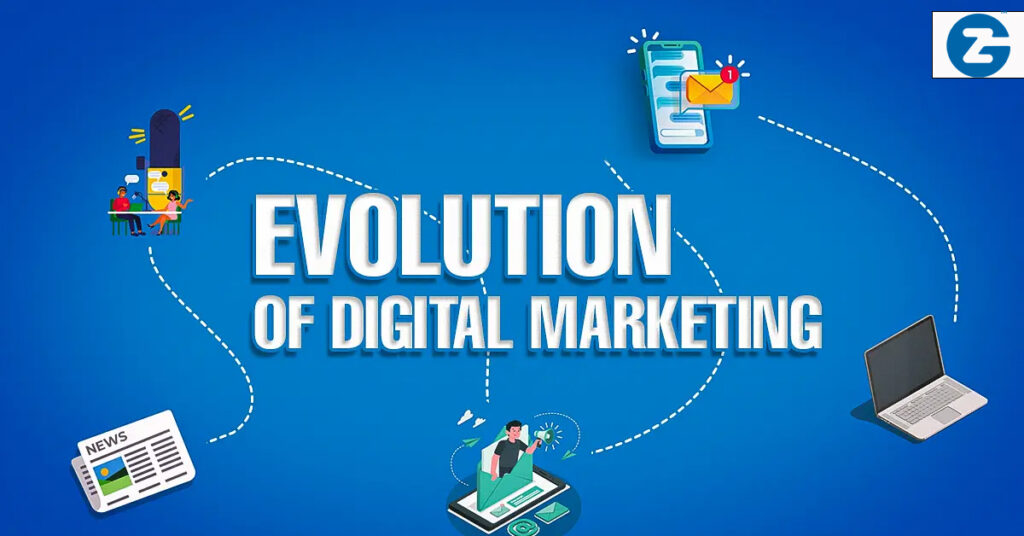
Digital marketing has come a long way since the advent of the internet. Initially, businesses relied heavily on traditional marketing channels such as print, TV, and radio ads. However, the exponential growth of the internet transformed the marketing landscape entirely. Today, digital marketing encompasses a wide range of strategies, including search engine optimization (SEO), content marketing, email marketing, pay-per-click (PPC) advertising, and, of course, social media marketing.
As more consumers shifted their attention to online platforms, brands recognized the need to establish a strong digital presence. Digital marketing is no longer just an option—it’s a necessity for survival in the increasingly competitive market. Companies that fail to adopt robust digital strategies risk falling behind their competitors and missing out on valuable opportunities to engage with their target audience.
Key Components of Digital Marketing
Digital marketing is a multifaceted discipline that combines various strategies to promote products or services online. Here’s an overview of the core components:
- Search Engine Optimization (SEO) SEO involves optimizing a website’s content and structure to improve its ranking on search engines like Google. High-ranking websites are more likely to attract organic traffic, leading to increased brand visibility and customer engagement. SEO is an ongoing process that requires businesses to focus on keywords, content quality, backlinks, and site performance.
- Content Marketing Content marketing is all about creating valuable, relevant, and consistent content to attract and retain a specific audience. Blogs, articles, infographics, videos, and white papers are examples of content that brands use to educate their audience and build trust. High-quality content helps establish a brand as an industry leader, while also improving SEO performance.
- Pay-Per-Click (PPC) Advertising PPC advertising is a form of digital marketing where advertisers pay a fee each time their ad is clicked. These ads are typically displayed at the top of search engine results or on social media platforms. PPC is effective for driving targeted traffic and generating leads, especially when combined with strong SEO practices.
- Email Marketing Email marketing remains one of the most cost-effective digital marketing strategies. By sending personalized emails to customers and leads, businesses can nurture relationships, share promotional offers, and drive conversions. With the right email marketing strategy, businesses can achieve impressive returns on investment (ROI).
Social Media Marketing Perhaps the most dynamic element of digital marketing, social media marketing involves using platforms like Facebook, Instagram, Twitter, LinkedIn, and TikTok to engage with users. Brands can create and share content, interact with followers, and run targeted ad campaigns to boost brand awareness, loyalty, and sales.